Today, Riot announced that they’re removing Auto-Relegation in favor of a five team tournament comprised of the bottom 3 LCS teams and the top 2 Challenger teams (thankfully comprised entirely of Best of 5s) and that they have further plans to reduce the likelihood of Relegation in the future. My interpretation of this is that Riot plans to eliminate Relegation completely as soon as 2017 and introduce a franchise system. There are a number of benefits to a franchise system, but first I want to get into why the current system isn’t working, or at the very least, not meeting Riot’s goals.
Note: This editorial is focused entirely on the LCS, with an emphasis on NA since that’s the region where franchising would show the greatest benefit.
Why the Current System isn’t working
We all know that Riot’s goal is raise League of Legends to the level of a traditional sports league. It’s about as gutsy, egotistical and American a goal as you can get. Riot’s trying to do in five years what took traditional sports leagues decades. To a certain extent, they’re even sacrificing the overall quality of their league to do so with some of the rule changes they’ve implemented over the years. It’s a huge gamble that, if it pays off, would go down as a truly monumental achievement. But it has to pay off, and right now the current system isn’t cutting it. We know for a fact that non-endemic sponsors aren’t investing in the scene in significant numbers or with significant dollar amounts. As popular as eSports appears, it’s still a niche industry. It just so happens that the “video gamer” niche is really large. A large part of this is due to the Relegation system. Investing in eSports is already going to be a tough sell for any marketing director trying to convince their board to invest, add in the risk that the sponsored team could be kicked out of the league in as little as six months, and you have a near impossible situation. The LCS gets magnitudes more exposure than the Challenger Series. We’re talking the difference between a ten thousand viewers and half a million viewers. Let’s just say that Citi Bank would not have paid the Mets $400 million for naming rights if there was a chance the Mets could be demoted to triple A the next year. Same applies here. TL:DR Money
So here’s the thing, we’ve established that very few non-endemic sponsors are investing in competitive League of Legends. The vast majority of teams are still sponsored by peripheral manufacturers like Logitech and Razer, custom computer manufacturers like ibuypower and cyberpowerpc and the like. Let’s take a look at Cloud 9’s sponsor list. Current and past sponsors include Alienware, iBuypower, Nvidia, BenQ, HTC, Intel, Loot Crate and Logitech. HTC and Lootcrate are the only ones you could argue are non-endemic, but Loot Crate caters to the geek crowd and HTC sells smart phones. We’re not exactly operating in international waters here. TSM has Geico and Redbull, but while Redbull technically qualifies as non-endemic, there’s nothing more gamer culture than energy drinks. You get the point. We know this isn’t working and isn’t the definition of insanity doing the same thing over and over and expecting different results?
Benefits of a Franchise System
The most important benefit of a Franchise System is stability, and I’m talking about more than just financial stability. Organizations won’t have to worry about losing their spot in the league after one poor split. It will allow them to play the long game when developing talent, rather than buying up expensive veteran players that may or may not have the best years of their career behind them or rushing the development of new talent to the detriment of said talent and the team. This type of development is one of the best things about traditional sports. There’s very little that’s more rewarding as a fan than watching the talent on your favorite team bloom.
Obviously, financial stability is arguably more important, but that’s the dirty side of the game. No one wants to talk about that. No one wants to admit that Riot needs to make money for the game to survive, and the community has trouble reconciling its desire for players to be paid well and for its organizations to stay together (we all shed a tear at the death of M5 and later, Gambit). But for the players to be paid well, the organizations need to be bringing in money. For that, they need sponsors. We’ve already covered why non-endemic sponsors are unlikely to invest to invest in the LCS in its current form. Too much risk. In a franchise system, Sponsors would be guaranteed to reach hundreds of thousands of potential consumers on a weekly basis. If the sponsored team reaches the World Championship, that numbers goes from hundreds of thousands to tens of millions, with the vast majority of those viewers being part of the prime under 25 year old male demographic that has grown increasingly hard to reach in this era of cord cutting.
Don’t get me wrong, we’re definitely sacrificing something in a Franchise system. It’s like a startup company finally establishing a board and going public, or selling out to a corporation. We’re losing the grassroots of the movement. We’re losing a bit of our soul. We’ll never have another Cloud 9, storming their way out of the Challenger scene all the way to first place in the LCS in their very first split (As if this is even possible anymore, with improved talent evaluation and teams buying the best players). It’s going to be heart-breaking for many. Not everyone will like it. But if Riot’s goal is raise League of Legends to the level of a traditional sports league, than franchising is a necessary step.
Why this changes everything for Season 6
If Riot does plan to eliminate relegation after Season 6, the value of owning an LCS spot at the end of the upcoming season just increased substantially. We’re talking, doubled, tripled, quadrupled, maybe more. You’re essentially guaranteeing your spot in the league as long as it exists (unless Riot decides to just auction those ten spots off to the highest bidder, which would be hugely unpopular and a massive betrayal of every organization currently playing in the LCS). You’re organization is essentially set. It’s not hard to imagine a substantial increase in sponsorship money flowing into the league once it franchises, and this also sets up organizations to receive money from any title sponsors the league might have, the logistics of which are much more difficult in a league with revolving membership.
What does this mean for Season 6? A mad dash among organizations looking to break into the LCS for those two Challenger Series spots in the Elimination/Promotion tournament after the spring and summer splits, and desperation for bottom feeder LCS teams looking to keep their spots. Even TiP has an added incentive to keep their spot, as they’ll likely have no problem selling it next time around if that spot becomes a guaranteed franchise. Or, even better if Riot allows TiP to auction it.


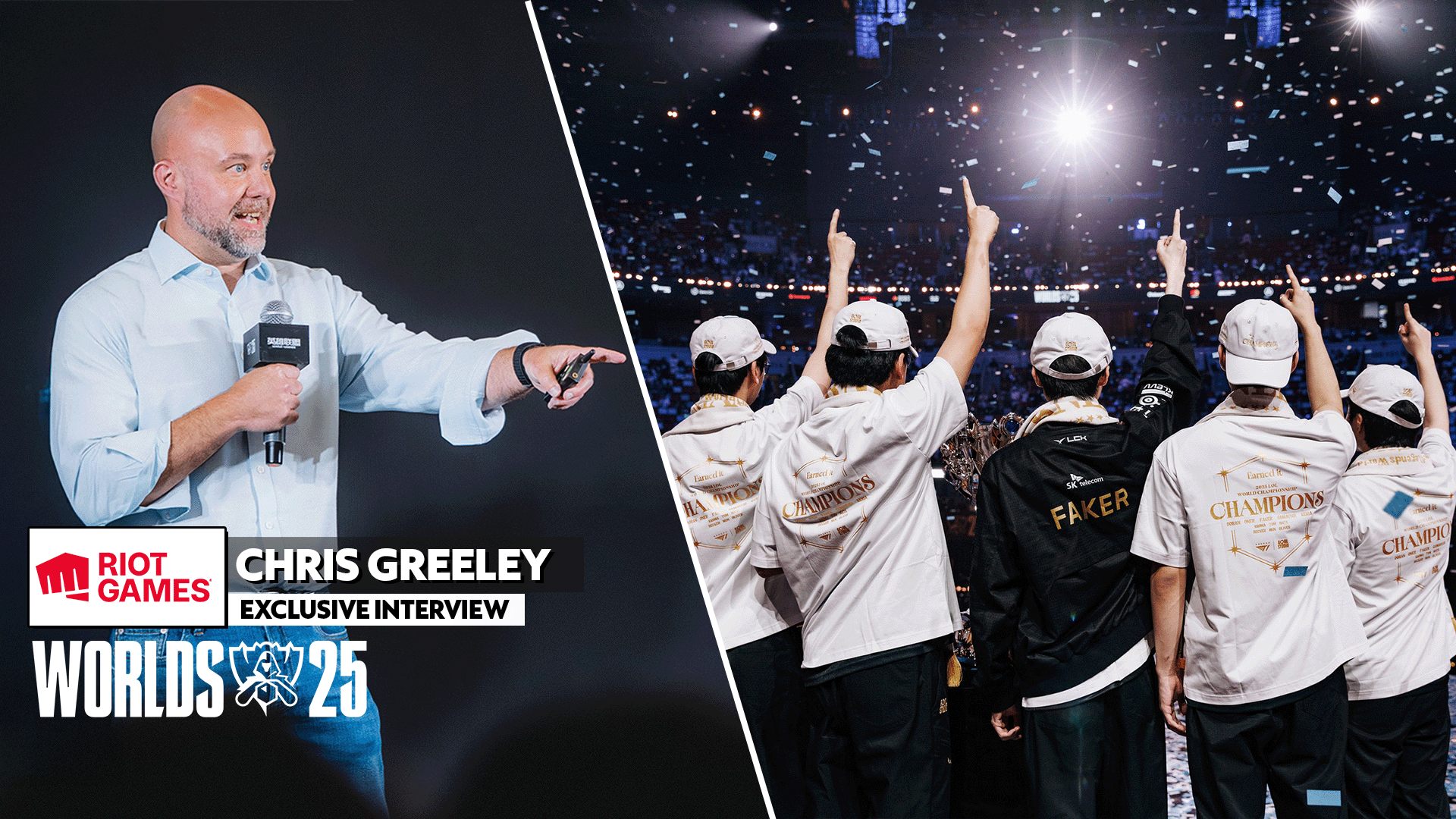
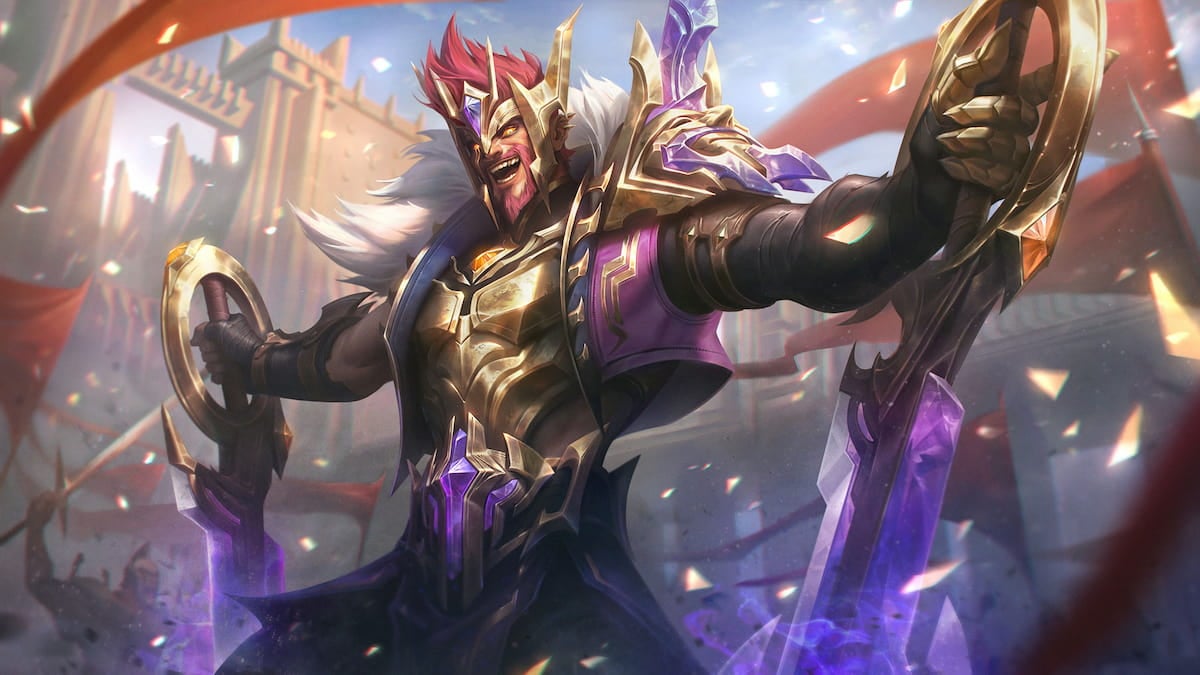
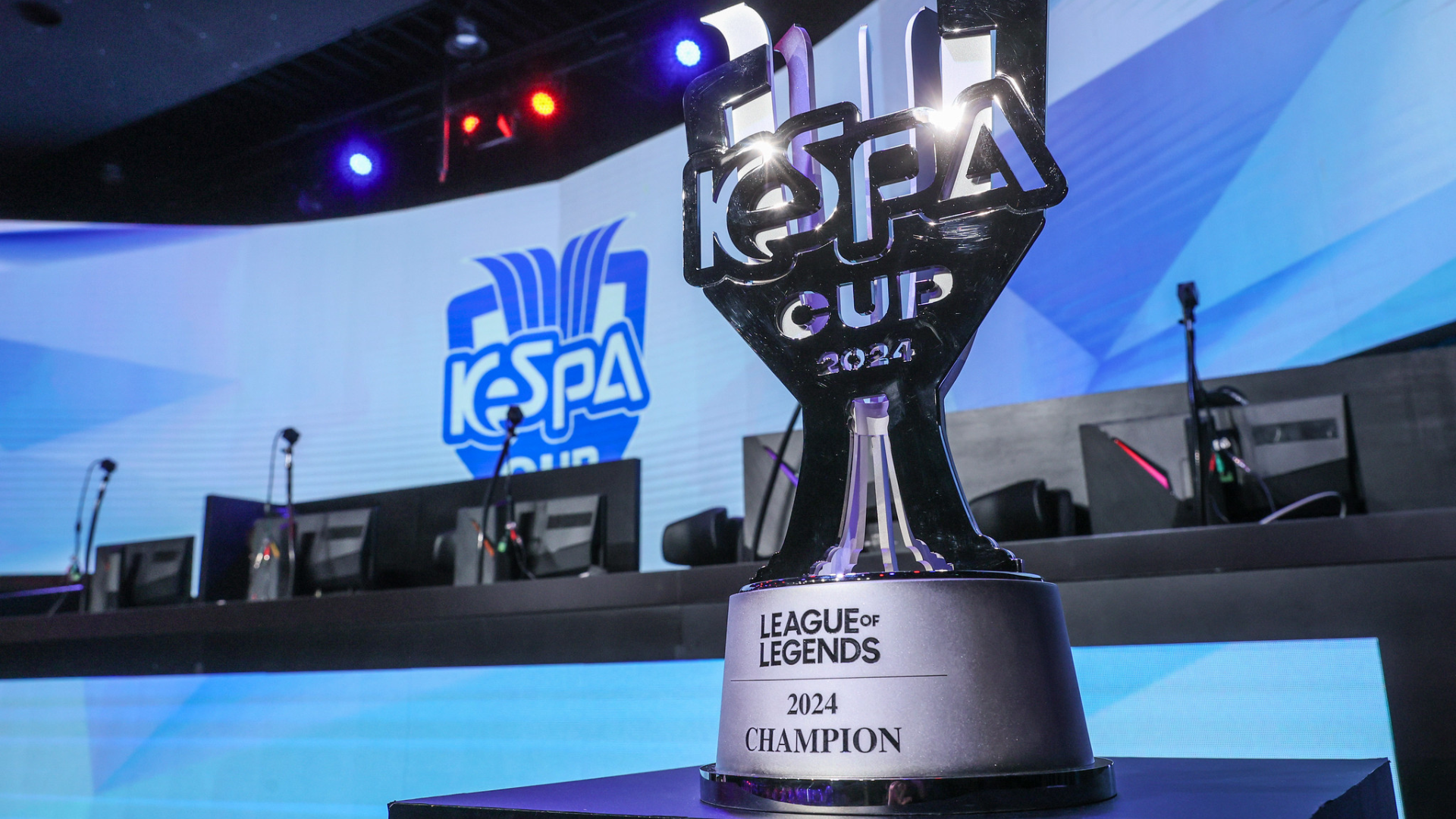
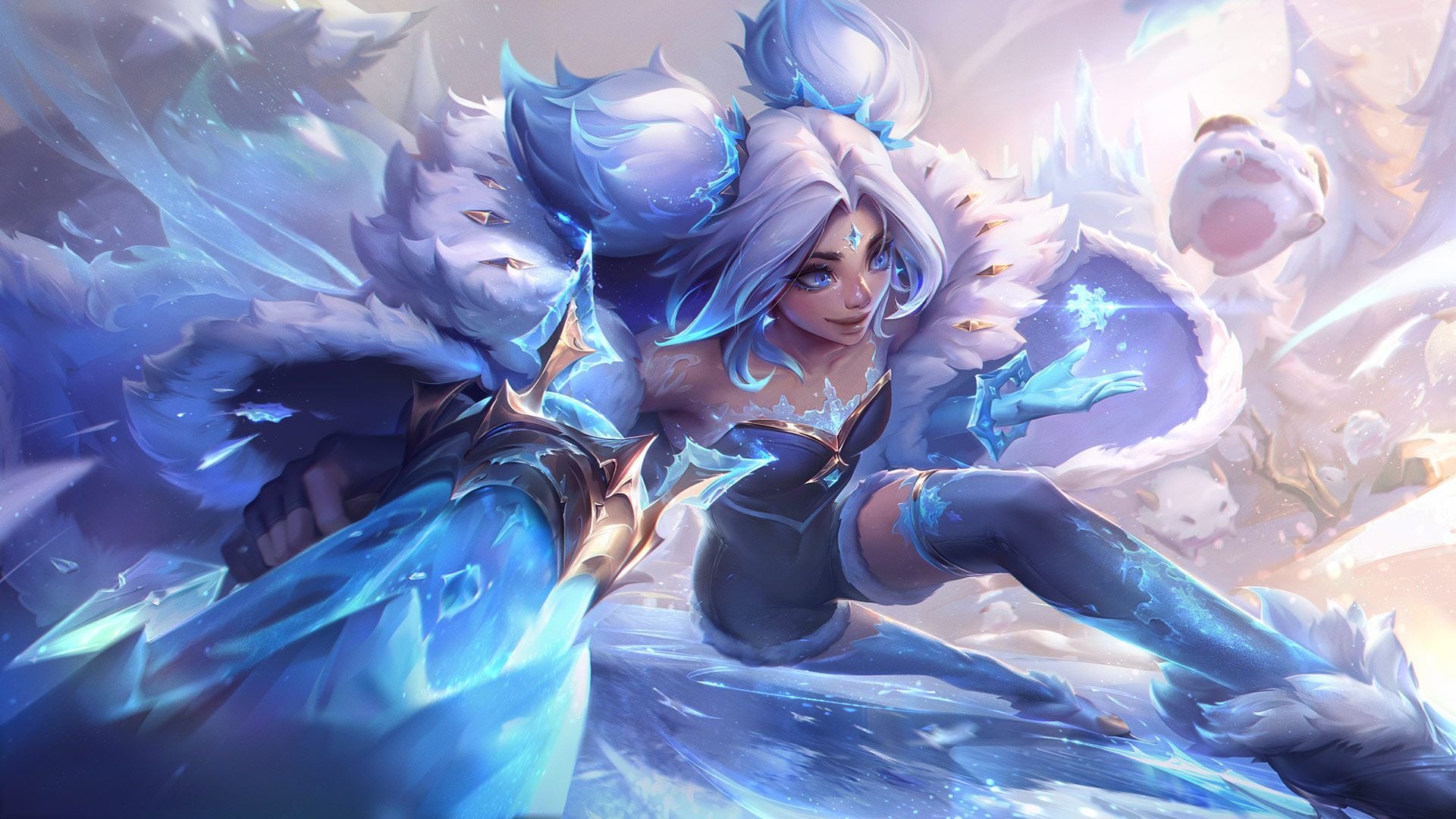

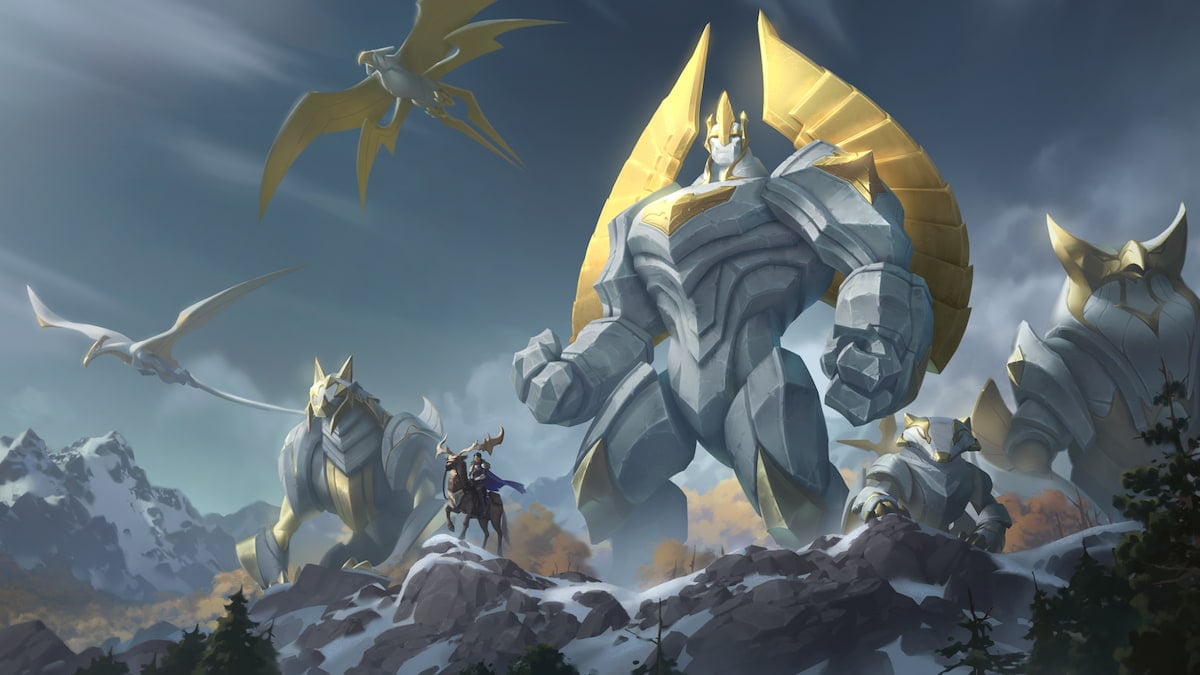


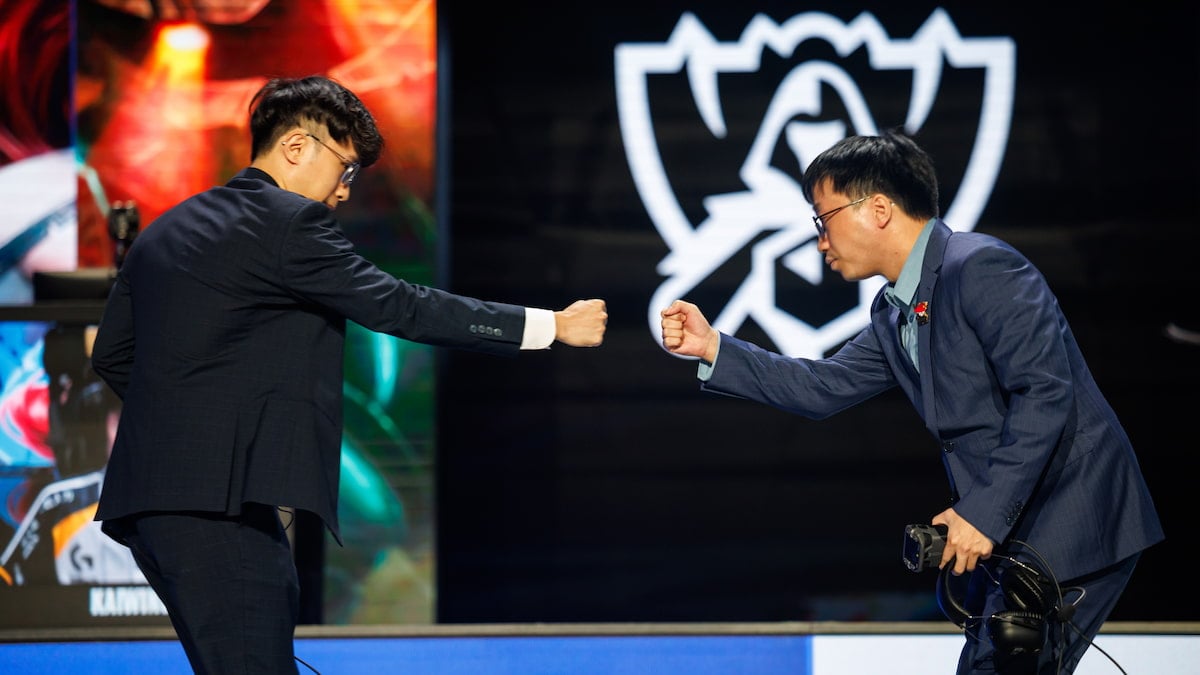
Published: Jan 13, 2016 06:41 pm